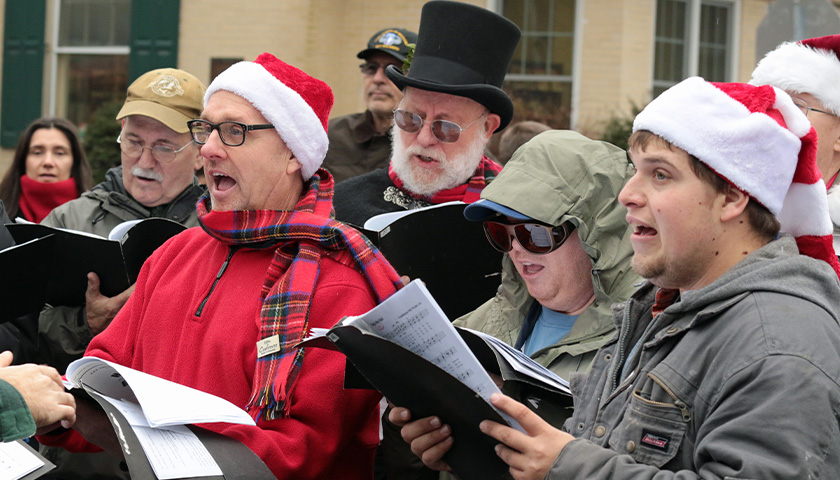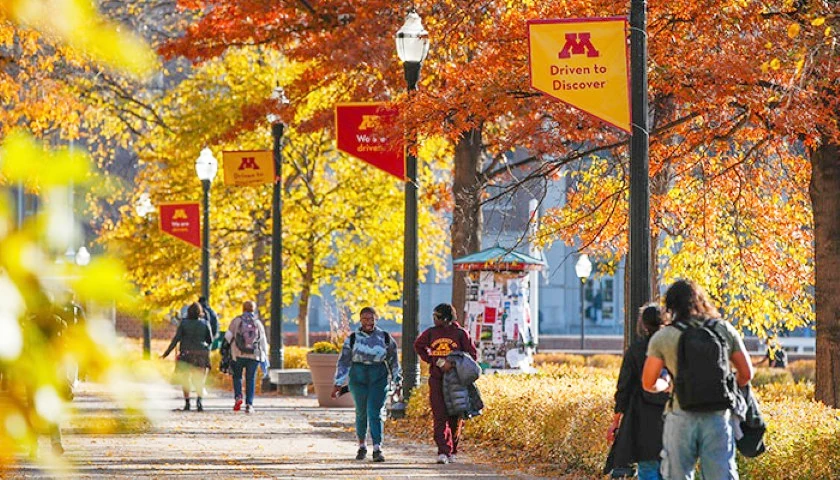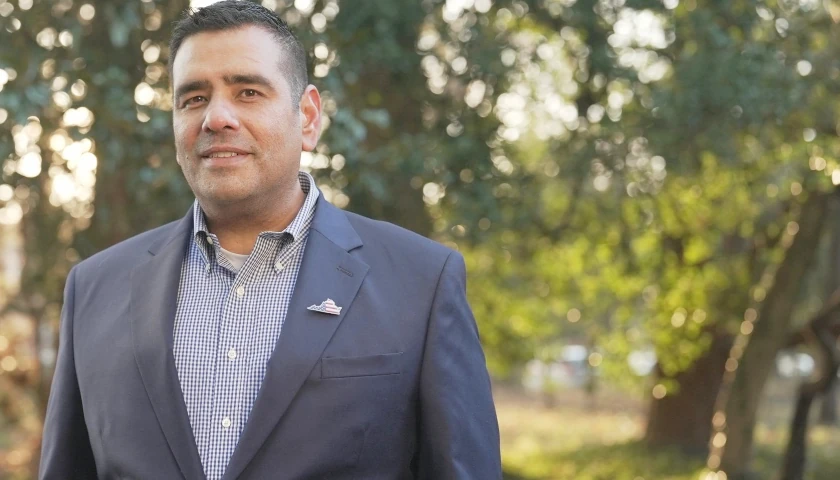by Rooz Dadabhoy
The left denies it, but it’s truly happening – a massive realignment is underway in the American electorate as Latinos are leaning in with the GOP. This November, Republicans are running Hispanic nominees in key battleground districts, headlined by rising stars like Myra Flores, Cassy Garcia, and Monica De La Cruz in Texas, Michelle Garcia Holmes and Alexis Martinez Johnson in New Mexico, Lori Chavez-DeRemer in Oregon – and of course, Yesli Vega in Virginia. Over the past two years, the Old Dominion has been ground zero for this shift, providing a glimpse into what the future of the Republican Party might look like on a national scale.
The reasons why Latino voters are abandoning the Democratic Party are easy to see – they want lower taxes, religious liberty, and school choice for their kids. As Democrat spending policies have driven inflation and gas prices through the roof, Latino communities are also ready to embrace a party committed to fiscal responsibility and free-market principles, not more government involvement in the economy. Perhaps most importantly of all, Latinos have had enough of the devastating effect of Democrats’ “Defund the Police” agenda, and want candidates who are ready to invest in community safety.
The first signs of this realignment began back in 2020, when former President Donald Trump made major gains among Latinos, even after the media baselessly smeared him for four years as an anti-immigrant racist. In Florida, the Cuban-American vote broke 56-41 for Trump – the decisive factor in Trump winning the Sunshine State.
Many in the national media proclaimed Trump’s performance with Hispanic voters in 2020 to be an aberration and not a sign of a broader underlying trend. Then came 2021.
Heading into Election Day last year, all eyes were on Virginia, where President Joe Biden had won by 10 points overall just a year earlier. Notably, he had won 61% of the Latino vote, down from Hillary Clinton’s 65% in 2016, but still a solid majority.
But instead of Democrat Terry McAuliffe even matching that performance, an AP VoteCast exit poll showed that Glenn Youngkin had won 55% of the Latino vote – a stunning shift from just a year ago. Although Democrats have disputed these figures, they are nonetheless in line with polls that show Biden’s approval rating has dropped to a dismal 19% among Latinos.
Governor Youngkin provided the roadmap for how Republicans can reach Latino voters and message to them about why Republican policies are the best choice for them and their families. He ran ads in Spanish and traveled to Hispanic communities, talking to Latino voters about the kitchen-table issues that Democrats have ignored in recent years in favor of pursuing their “woke” agenda.
Perhaps most importantly of all, Youngkin surrounded himself with leaders who understood the Latino community. Chief among them was the chair of the “Latinos for Youngkin” coalition, Prince William County Supervisor Yesli Vega – who has since earned the Republican nomination to challenge Democrat Abigail Spanberger for the Virginia 7th Congressional District in November.
In comments to The Washington Post last fall, Vega captured what worked so well for Youngkin, and what is at the heart of her campaign to unseat Spanberger: “What’s really resonating with the Hispanic community is that you can realize the American Dream if you work hard and apply yourself and you are dedicated.” As the daughter of immigrants who fled civil war in El Salvador, and as a former law enforcement officer who has devoted her life to serving her community, Vega understands first-hand how precious the American Dream is, and how Latino voters specifically are determined to protect it.
Vega is also following in the footsteps of Jason Miyares, who last year became the first Latino ever elected to be Attorney General of Virginia. Leaders like Miyares and Vega are literally changing the face of the Republican Party – a development seen all throughout the country, even in heavily Latino areas like the Rio Grande Valley, where earlier this year Mayra Flores, a Mexican immigrant who worked in cotton fields to pay for school supplies, flipped a seat that had been held by Democrats for more than 100 years.
It’s no coincidence that this revolution has also found a home in border communities, either. American Latinos know the dangers associated with open borders, and understand the value of American citizenship. Many Hispanics in border states work in law enforcement or border patrol and are determined to keep illegal aliens – and the drugs that come with them – out of American communities.
As for the Latino voters themselves, they’re tired of being taken for granted. Democrats see them as an easy ticket to political victories, and have abandoned the pro-growth, pro-family, pro-freedom policies that once attracted Latinos to the party, but today are embraced by Republicans. Unlike today’s Democrats, who are obsessed with far-left social issues, Latinos believe that America is the greatest country in the world, and that hard work generates success. They’re also increasingly embracing Republican proposals to reform the country’s immigration system and strengthen its borders, following years in which Democrats have assumed that all Latinos will embrace left-wing open-borders policies.
President Ronald Reagan once reportedly remarked that “Hispanics are already Republican. They just don’t know it yet.” If recent events are any indication, Latinos are starting to know it – and this fall, both Latino candidates and voters may well be the decisive force behind a historic Red Wave that flips Congress and redraws the electoral map for years to come.
– – –
Rooz Dadabhoy is the founder and chairwoman of Rally Virginia, a group dedicated to supporting conservative women in politics and defending American values. She is a resident of Glen Allen, Virginia.
Photo “Latino People” by Helena Lopes.








